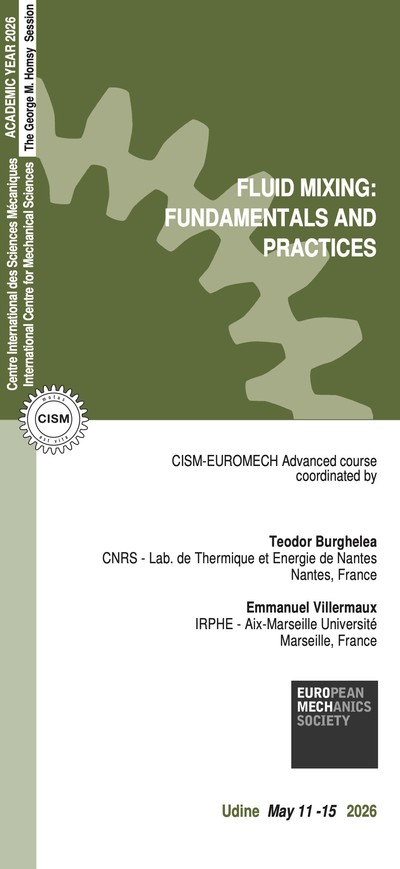Johnson KL (1985) Contact Mechanics, Cambridge University Press, ISBN 0521347963.
Ahn YJ, Bertocchi E, Barber JR (2008) Shakedown of coupled two-dimensional discrete frictional systems. Journal of the Mechanics and Physics of Solids, 56:3433-3440, doi:10.1016/j.jmps.2008.09.003.
Almqvist A, Fabricius J, Larsson R, Wall P (2014) A new approach for studying cavitation in lubrication. Journal of Tribology, 136:011706, doi:10.1115/1.4025875.
Barber JR (2016) Nominally static frictional contacts under periodic loading. The Journal of Strain Analysis for Engineering Design, 51:270-278, doi:10.1177/0309324715602844.
Bemporad A, Paggi M (2015) Optimization algorithms for the solution of the frictionless normal contact between rough surfaces. International Journal of Solids and Structures, 69-70:94-105, doi:10.1016/j.ijsolstr.2015.06.005.
Churchman CM, Hills DA (2006) General results for complete contacts subject to oscillatory shear. Journal of the Mechanics and Physics of Solids, 54:1186-1205, doi: 10.1016/j.jmps.2005.12.005.
Dini D, Sackfield A, Hills DA (2005) Comprehensive bounded asymptotic solutions for incomplete contacts in partial slip. Journal of the Mechanics and Physics of Solids, 53:437-454, doi: 10.1016/j.jmps.2004.06.011.
Paggi M, Pohrt R, Popov VL (2014) Partial-slip frictional response of rough surfaces. Scientific Reports, 4:05178, doi:10.1038/srep05178.
Paggi M, Barber JR (2011) Contact conductance of rough surfaces composed of modified RMD patches. International Journal of Heat and Mass Transfer, 54:4664-4672, doi:10.1016/j.ijheatmasstransfer.2011.06.011.
Profito FJ, Vldescu S-C, Reddyhoff T, Dini D (2017) Transient experimental and modelling studies of laser-textured micro-grooved surfaces with a focus on piston-ring cylinder liner contacts. Tribology International, 113:125-136, doi:10.1016/j.triboint.2016.12.003.
7 lectures on:thin film flow modelling including hands-on finite difference method implementation of a solution procedure for the 2D Reynolds equation in cylindrical coordinates, analytical solutions, scaling to non-dimensional form, modelling cavitation in hydrodynamic lubrication by means of the linear complementarity problem and numerical solution procedures.
7 lectures on: the effect of friction in contact problems, the Amonton's law of friction, existence and uniqueness of solutions, Klarbring's P-matrix criterion, memory effects, wedging, Iwan models, energy dissipation during periodic loading, shakedown theorems, effect of coupling in half-space problems, Dundurs bimaterial parameters, inverse problems, slip waves, instability and frictional vibrations, rate-state models.
7 lectures on: contact mechanics of dry contacts in the presence of roughness and adhesion and links to friction and vibrations, visco-elastic contact problems, lubricated contacts with particular application to textured surfaces and bearings, molecular dynamics simulations and multi-scale formulations.
7 lectures on: taxonomy of contacts, half-plane formulations, com- plete contact problems, asymptotic techniques, partial slip problems for all contact classes, with particular attention to half-plane problems with complex loading cycles (varying tension, shear and normal load).
7 lectures on: physico-mathematical modelling of the constitutive response of interfaces; computational methods for the solution of normal and tangential contact problems with roughness, with special attention to the boundary element method and the finite element method; mathematical analogies to predict thermal and electric contact resistances at a rough interface; contact problems with elasto-plasticity, adhesion, finite elasticity, advanced multi-field coupled problems.
* Italian VAT is 22%.





